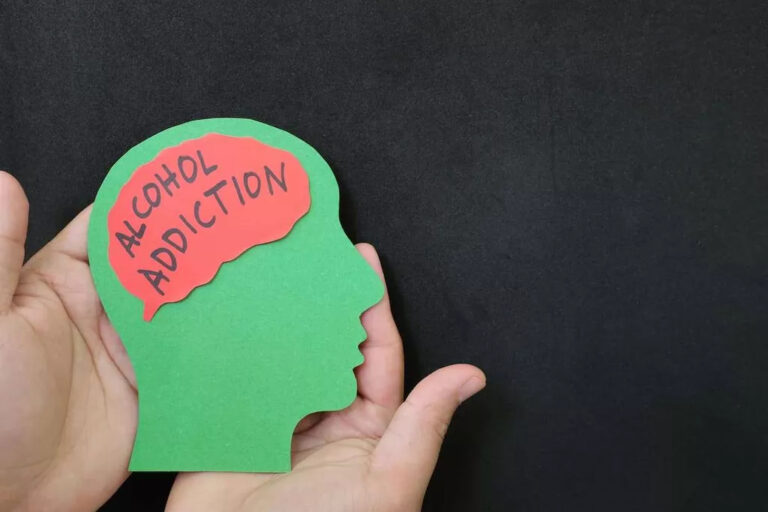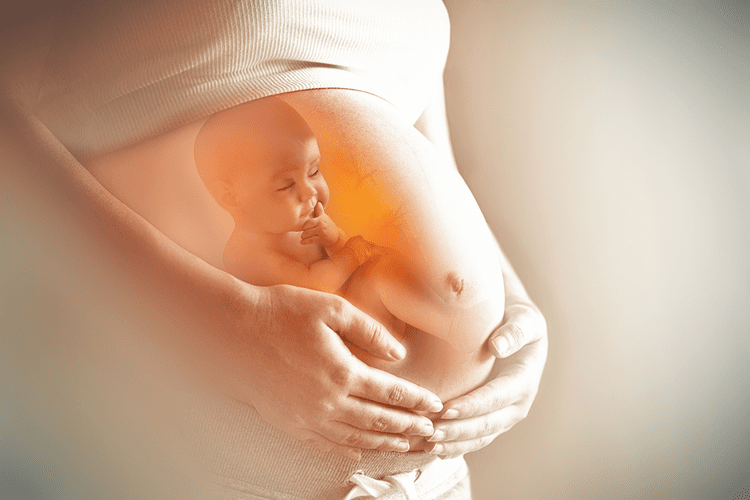Contents

I decided to try switching to water for the next couple of poker nights just to see what would happen.” Sure enough, once he omitted the alcohol, things improved dramatically. People who tend to experience alcohol and bladder-related problems also struggle with kidney problems. Considering how connected these organs are in terms of function, any alcohol-related bladder damage can have a domino effect, starting with the kidneys. If you’re a heavy drinker and your bladder hurts after drinking alcohol, or you notice any of the symptoms mentioned above, seek medical attention immediately.

Then, a woman weighing 140 pounds will be at 0.07% after two drinks. In an ideal situation, your body will eject the same amount of water that gets in, especially when kidneys are working appropriately. First, this pair of bean-like structures in your abdomen monitors the plasma osmolality of your blood to determine whether you have a good balance of water and soluble. Speaking of pints, how many do you typically knock back on a night out? Think about the volume of liquid entering your body – what goes in must come out, and ADH can’t really help you out much when that said liquid is alcohol.
That is why alcohol detox and alcohol withdrawal treatment is administered by medical professionals. There’s no research to support the idea that breaking the seal is a real thing. Instead, doctors propose the theory may be more of a mental suggestion to a person when drinking. Another study published in the journal Nutrients found drinking moderate amounts of higher-alcohol beverages, such as wine and distilled liquors, provoked a small diuretic effect. By comparison, they found lower-alcohol beverages, like beer, didn’t have as much of a diuretic effect. Your kidneys keep track of the balance of particles to fluid in your blood.
Tips for Staying Hydrated When Drinking
When phosphate levels are low, it can lead to a condition called osteoporosis, which is when bones become weak and brittle. Excessive alcohol can actually alter the shape and size of the kidneys. Swollen kidneys tend to go hand in hand with liver disease.
By the time your urine is as clear as water, you have already passed all the urine. When you’re blacked out, you will find difficulty talking, walking, or even coordinating your bladder! And although your brain is “temporarily out of service,” your bladder is still filling up with the beer. So, when it’s time for it to empty the urine, you might not even feel it. If you are drinking for the first day, you are likely to go to the bathroom more often than someone who’s a regular visitor at the bar. For some drinkers, the body has already accepted and adapted to alcohol in the blood.
The frequency with which you have to urinate does not increase because of your first trip to the bathroom. When the body becomes dehydrated from alcohol use, the amount of liquid passing through the kidneys decreases. Kidney damage may occur when the effects of dehydration are coupled with the increased filtering demands on the kidneys. While kidney damage is unlikely to appear after a single night of drinking, long-term alcohol use can lead to irreversible kidney problems.
If you’re passed out with inhibitions lowered from a drunken state, you may miss the signals from this muscle and void in your slumber. The daily recommended amount of alcohol for both men and women is 14 units a week if you’re drinking on a regular basis . Find out how much you’re drinking using the unit calculator.

If you inventory and cost of goods sold a lot of alcohol in the evening or at night, you may hit the sheets while alcohol levels are still building in the body. When the bladder continues to fill after a drinker passes out, bedwetting becomes far more likely. The journal Alcohol and Alcoholism studied the comparison of various beverages and their urine output. They found that increasing the alcohol content by 2% made individuals want to pee more often.
This can lead to a dangerous drop in sodium levels, which can be fatal. Sometimes, frequent urination after drinking alcohol is also the result of bladder irritation. Certain foods and drinks—including alcohol—make urine more acidic, irritating the lining of the bladder(. While it’s possible to hold your urine, there is no actual “seal” involved in your urinary tract—it’s all psychological.
Alcohol and Kidney Damage
It’s nearly impossible to stop the urge to visit your bathroom while you are still drinking. And, you should not hold your wee for too long as you could hurt your bladder. A hangover is, therefore, nothing but a body’s reaction to after-alcohol dehydration. Both alcohol and water are liquids, and your kidneys will need to remove them from the blood.
Alcohol strains your kidneys a great deal, but; with the right advice, you can manage that. For instance, you should drink water frequently, especially when drinking your beer. The alcohol in beer inhibits the production and work of the vasopressin hormone that prevents water loss.
Finally, you may consume alcoholic drinks faster than you would normally consume water. If you’re rotating alcoholic beverages with water as well, you’re also just putting more liquid in your body than usual, which naturally makes you have to pee more. It is true that you pee more than usual when drinking alcohol. However, the “seal” is nonexistent—it’s simply a creative figure of speech.

If you’re experiencing leaks as a result of bladder weakness it’s important to speak to your doctor. When you’re awake, this can leave you rushing to the toilet or wetting yourself. To be clear, chances are extremely low that anything bad will happen if you ignore the call of nature here and there. Sometimes you just need to hear about how your friend’s latest Bumble date ended, and before you know it, the night has passed without a single bathroom trip. Evan O’Donnell is an NYC-based content strategist with four years’ experience writing and editing in the recovery space.
Choose Drinks With Lower Alcohol Content
This hormone is produced by the brain and works to give the kidneys signals when they should stop producing so much urine. When this hormone is released into the bloodstream, the kidneys slow down urine production. This hormone is present as a way to prevent a person from dehydration. Kruszelnicki says the phenomenon is connected to drugs, alcohol, and the volume in which you consume them.
- UrologistJames Ulchaker, MD, helps explain what’s going on in your body that’s causing this involuntary bed-wetting aftertoo many drinks.
- Healthline has strict sourcing guidelines and relies on peer-reviewed studies, academic research institutions, and medical associations.
- As a result, alcohol can cause bladder infection and inflame the lining of the bladder, causing it to swell and stretch to a dangerous size.
- The volume you’re consuming might play a role in increasing the amount in your bladder.
- While there is no way to avoid the production of extra urine when drinking alcohol, understanding how this effect works can help you try to avoid as many bathroom stops.
- Because it’s a diuretic, alcohol forces the kidney to release more sodium into your urine, which fills the bladder up quicker and increases the frequency of urination.
In addition to affecting ADH levels, alcohol can also negatively impact the detrusor muscle located in the bladder wall, which plays a role in signaling a need to pee. When inhibitions are lowered and bodily signals are obscured by alcohol, it can be easy for you to miss this kind of sign. It’s advisable to take about twice as much water as the beer. Drinking water rehydrates your blood and lessens the stress on your kidneys. Also, you dilute any byproducts of beer or kidney processes.
For healthy individuals, this usually happens when they drink too much water too fast and their kidneys can’t keep up with excreting the excess. When vasopressin is inhibited, the kidneys are unable to reabsorb water as efficiently. This causes an increase in urine production, which leads to more trips to the bathroom. How can drinking too much alcohol cause you to involuntarily urinate in your sleep?
And if it’s hard to cut back on your own, there are new ways of getting help online—without having to identify as an alcoholic. Ria Health offers support from a convenient smartphone app to help you regain control over how much you drink. If you or someone you know is struggling to stop using alcohol, the risk of kidney disease is relatively high. The Recovery Village Cherry Hill at Cooper has a proven record of helping people stop using alcohol.Contact usto learn how you can start on your journey to lasting sobriety today.
First, your kidneys regulate the amount of water in your body. They do this by monitoring the plasma osmolality of your blood. At 1st Step Behavioral Health, we strive to make your addiction treatment experience as comfortable as possible. If you are facing addiction, know that you do not have to do so on your own. Reach out to a treatment center to learn more about addiction help.
The expression “breaking the seal” suggests that if you pee after drinking alcohol, you’re opening the floodgates for excessive urination. The implication is that there’s some kind of “seal” that’s broken the first time you urinate after drinking. If you wait it out, so the logic goes, you won’t have such a pressing need to use the restroom later. In addition alcohol’s impact on vasopressin, the volume of alcohol also contributes to the amount of urine produced.


